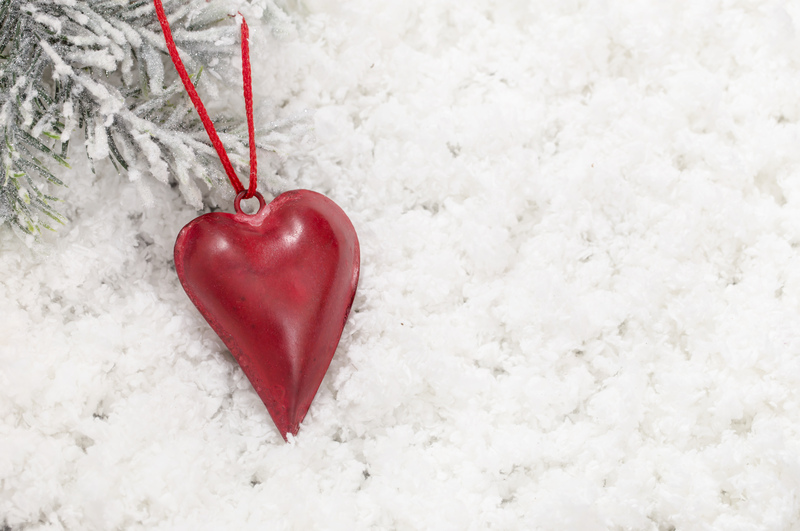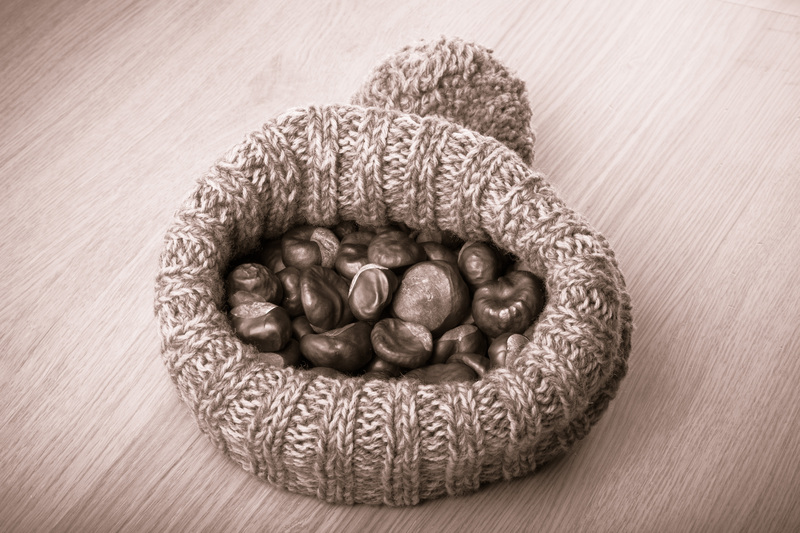Creative Uses for Organic Waste That Can't Be Composted
Posted on 18/06/2025
Organic waste is an inevitable part of our daily lives. It includes kitchen scraps, yard trimmings, and other biodegradable materials that are typically composted to create nutrient-rich soil for gardening and farming. However, not all organic waste can be composted due to various reasons such as a lack of proper equipment or space, or certain types of waste that cannot be broken down easily. So, what can we do with this non-compostable organic waste? The answer is - get creative! In this article, we will explore some exciting and practical uses for organic waste that cannot be composted.
1. Make Natural Dyes
Did you know that certain food scraps can be used to make natural dyes for fabrics? For instance, avocado pits and onion skins can produce a lovely shade of pink, while spinach leaves create a vibrant green color. Simply boil the scraps in water and then simmer them with the fabric for about an hour until you achieve the desired color. This way, you not only repurpose your organic waste but also avoid using harmful chemical dyes.

2. Create Organic Cleaning Products
Organic waste like citrus peels and coffee grounds have great cleaning properties due to their natural acidity and abrasive texture. Instead of throwing them away, you can use them to make effective cleaning products at home. For example, blend orange peels with vinegar to create an all-purpose cleaner or mix coffee grounds with soap to make a natural exfoliating scrub.
3. Craft Unique Art Pieces
Organic waste can also serve as a medium for creating unique art pieces. Fruit and vegetable peels, eggshells, and even used tea bags can be transformed into beautiful artworks through techniques like papier-m?ch?, decoupage, or painting. These artworks not only showcase your creativity but also promote sustainability by reducing waste.

4. Feed Your Garden
While most organic waste can be composted to enrich the soil, some types cannot be broken down easily. These include banana peels, eggshells, and coffee grounds. However, they can still be useful in your garden! Banana peels are rich in potassium and can be used as a natural fertilizer for plants. Crushed eggshells provide calcium for soil and act as a natural pest deterrent. Coffee grounds add nitrogen to the soil and help to improve drainage. Just sprinkle these items on top of the soil in your garden, and let nature do its work.
5. Build a Worm Bin
If you have a lot of organic waste that cannot be composted in your household, consider setting up a worm bin. Worms are excellent decomposers and can break down almost any type of organic material efficiently. You can feed them kitchen scraps, yard waste, and even paper products like newspaper and cardboard. The result? High-quality vermicompost (worm castings) that is rich in nutrients and beneficial microorganisms for your plants.
Pros:
- Repurpose organic waste that would otherwise end up in landfills
- Promote sustainability by reducing waste
- Save money on cleaning products and gardening supplies by making them at home
- Create unique art pieces with minimal cost
Cons:
- Certain uses may require additional equipment or space
- Some techniques can be time-consuming
- It may take some trial and error to find what works best for your specific type of organic waste
Tips:
1. Keep a separate container for non-compostable organic waste in your kitchen so it doesn't get mixed with compostable items.
2. Research which types of organic waste can be used for different purposes to avoid any harmful effects.
3. Get creative and experiment with different techniques to find what works best for you.
4. Regularly maintain your worm bin to keep it odor-free.
Takeaways:
1. Organic waste that cannot be composted still has many valuable uses.
2. Get creative and think outside the box to reduce waste.
3. Using non-toxic, natural alternatives like homemade cleaning products is better for your health and the environment.
4. By repurposing organic waste, you're helping to reduce greenhouse gas emissions from landfills.
Conclusion:
Organic waste that cannot be composted doesn't have to end up in landfills. With a little creativity and experimentation, we can find new and exciting ways to repurpose these materials. From natural dyes to useful garden amendments and even unique art pieces, there are plenty of options to choose from. So, let's all do our part in reducing waste and promoting a sustainable future.
Latest Posts
How to Separate Trash Efficiently
Ways to Reduce Your Environmental Impact






